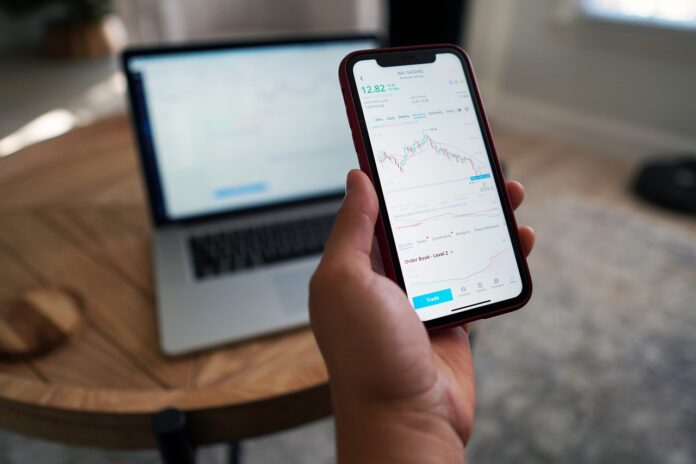In recent years, the experience of operators has become essential in venture capital. Purely financial venture capitalists are falling out of favor among startups compared to investors who bring construction expertise along with their money.
But not all operational history is equally useful. If a venture capitalist has experience in a different field, he may not transfer well—if at all—to a new company, and advice on certain business decisions could quickly become outdated. There is a growing group of venture capital funds run by people who think they might be better suited to back companies because they are startup founders themselves.
These companies and founders may be right. Recent AngelList data, sourced for Flex Capital, shows that founder-led funds raised through their platform outperformed other funds raised on AngelList.
In fact, across all fund performance percentiles, venture capital funds run by active founders outperformed those without such a structure when multiples of invested capital were compared, according to the data. Funds in the 90th percentile performed nearly double those of companies without a founder at the helm.
Now, let's be clear, this data does not give the complete picture. For example, we don't know how founder-led funds compare to operator-led companies. This data set is based solely on funds raised on AngelList, which is obviously limited, and it is not clear what the structure of these companies is; some may be founder-led, but have full investment teams.
But it begs the question: Are active founders better investors than others?
For Jeff Lu, general partner at Flex Capital, the value of this model is evident.
His company has three founding partners, two of whom are currently working as operators, and Lu, who is a full-time investor. “Over the past three years I've had to pitch Flex thousands of times, and not once have I had to explain to a founder why this is better,” Lu explains.
AngelList itself could help active founders become investors: The platform makes creating a fund cheaper and easier to launch. Ankur Nagpal, founder of Ocho and solo GP at Vibe Capital, says the ease of raising funds on AngelList makes it easier than angel investing.
«If you are already investing your own capital, why not take advantage of it? Lu asked. "Why not invest $100.000 that will benefit your $100.000 [that's already] in there?"
There are also potential benefits for active founders who become investors: Current founders can offer better advice than former operators. Nagpal said that, when he launched Vibe Capital, his experience running his previous company seemed dated even though he was only a few years old. Running his new startup Ocho alongside his investments makes him feel like he can offer more relevant advice, he said.
"It wasn't more than two years ago that I was starting to feel like I didn't know shit anymore." Nagpal said. "After two years I already felt that things were getting old."
And it goes beyond giving advice. Being an active founder gives VCs an insider's view of where to invest, which may be one of the main catalysts for higher performance numbers for these funds raised on AngelList.
“As a founder, having been in the trenches, you have a good lie detector and know how to identify talent,” says Nagpal. “You see trends develop as they happen. You can invest in companies that solve your own problems. You see these things faster and you move faster.
But this model is not perfect for either the founder or venture capital. Nagpal says he tries to be transparent with the companies he invests in, telling them that he is a founder first and a venture capitalist second, and that he will spend as much time as he can working with his portfolio companies. But, at the end of the day, his own company comes first.
This should not deter anyone from working with an active founder-turned-investor. Not all VC firms are going to be able to offer the same time and resources as, say, Andreesen Horowitz or Accel, regardless of whether the investor is an active founder, Lu says. Even investors who are not active founders have other things to do, such as hobbies and family obligations.
"The reality is that we all have something else in our lives that we are passionate about," Lu said. «In the case of dual threat CEOs, their hobby is investing. At the same time, experience makes them better CEOs and investors.”
It's important to note that female founders are largely left out of this trend. While venture capital funds consider it positive for male founders to pursue these side hustles, many female founders have stated that they are not allowed the same luxury. In fact, they are discouraged.
Lu says she hopes this will change, because if more women adopted this model there would be more female investors and probably more money going to women-led companies.
Although the number of these funds has grown in recent years, it is difficult to determine their actual impact on the overall ecosystem. Considering market conditions, it is also unclear whether this trend will continue. Venture capital firms love to say that a down market is the best time to invest, but those same market conditions mean founders may not have extra time to launch a fund.




